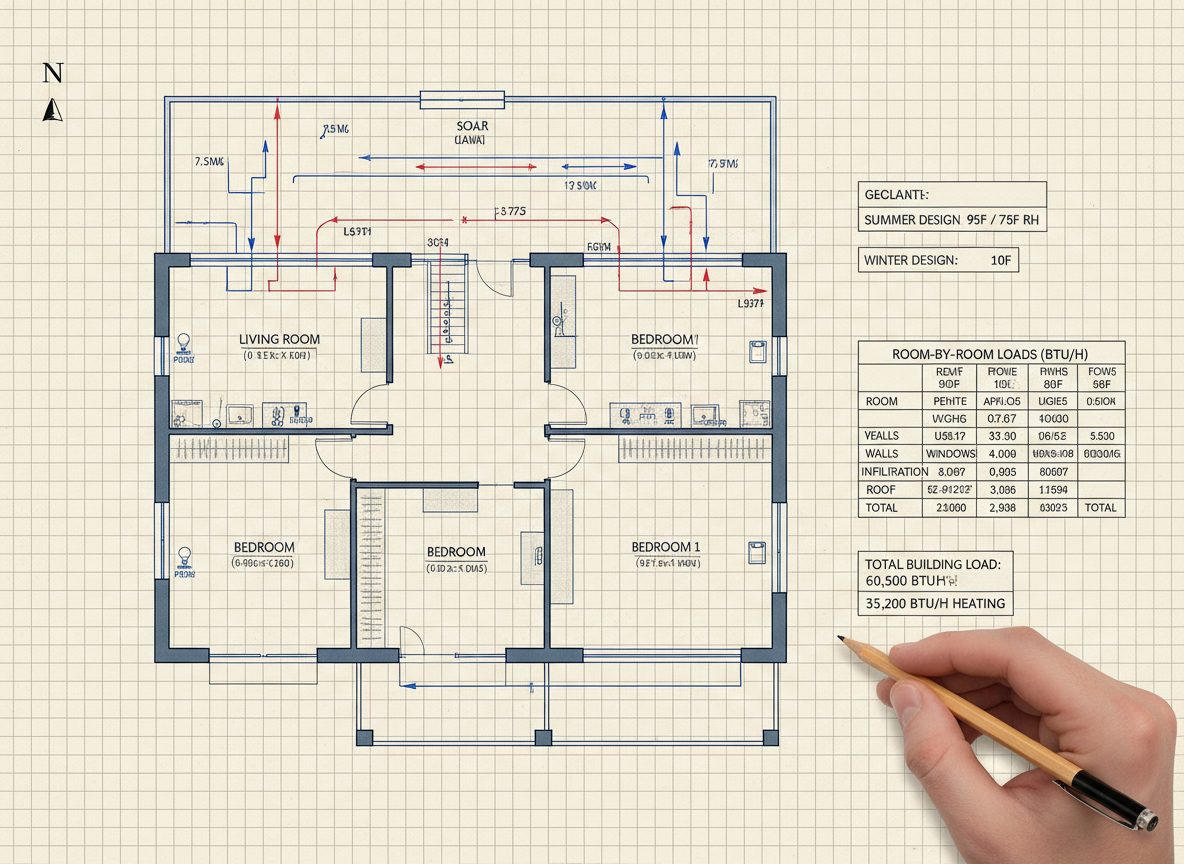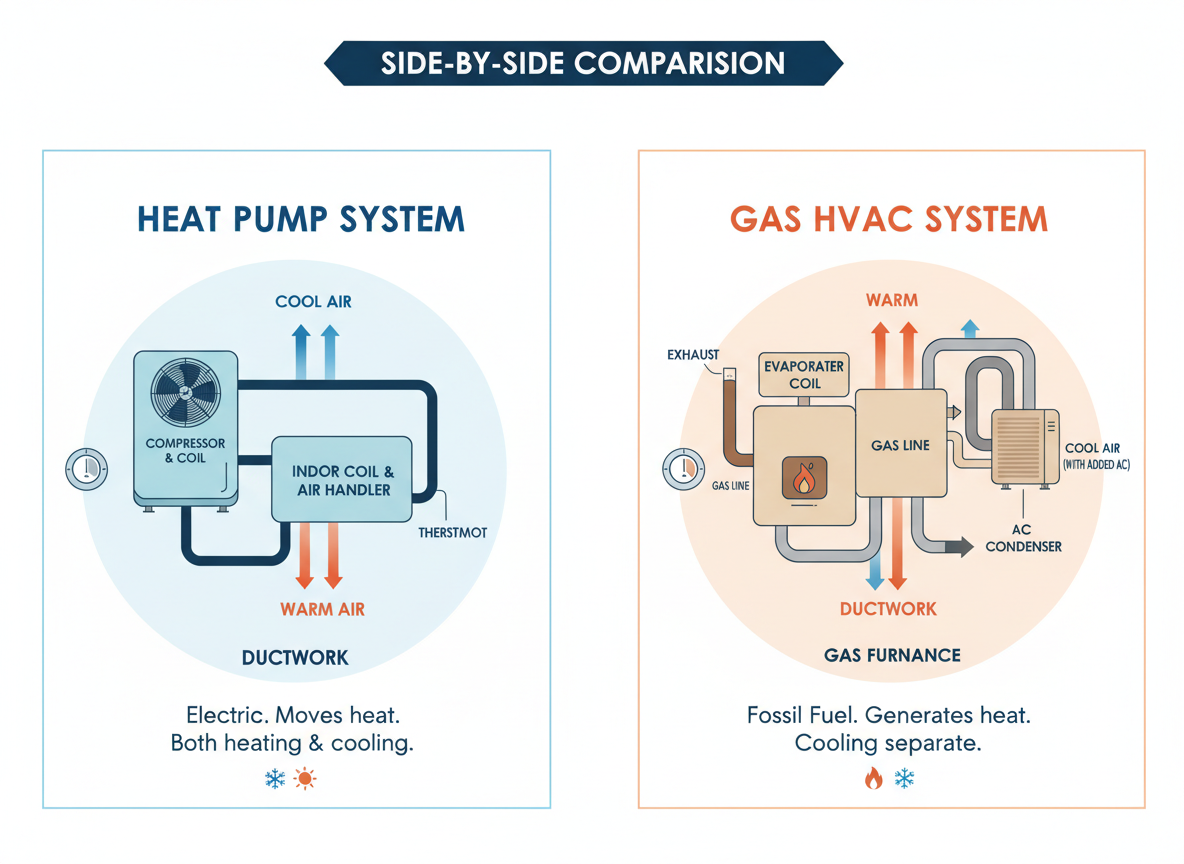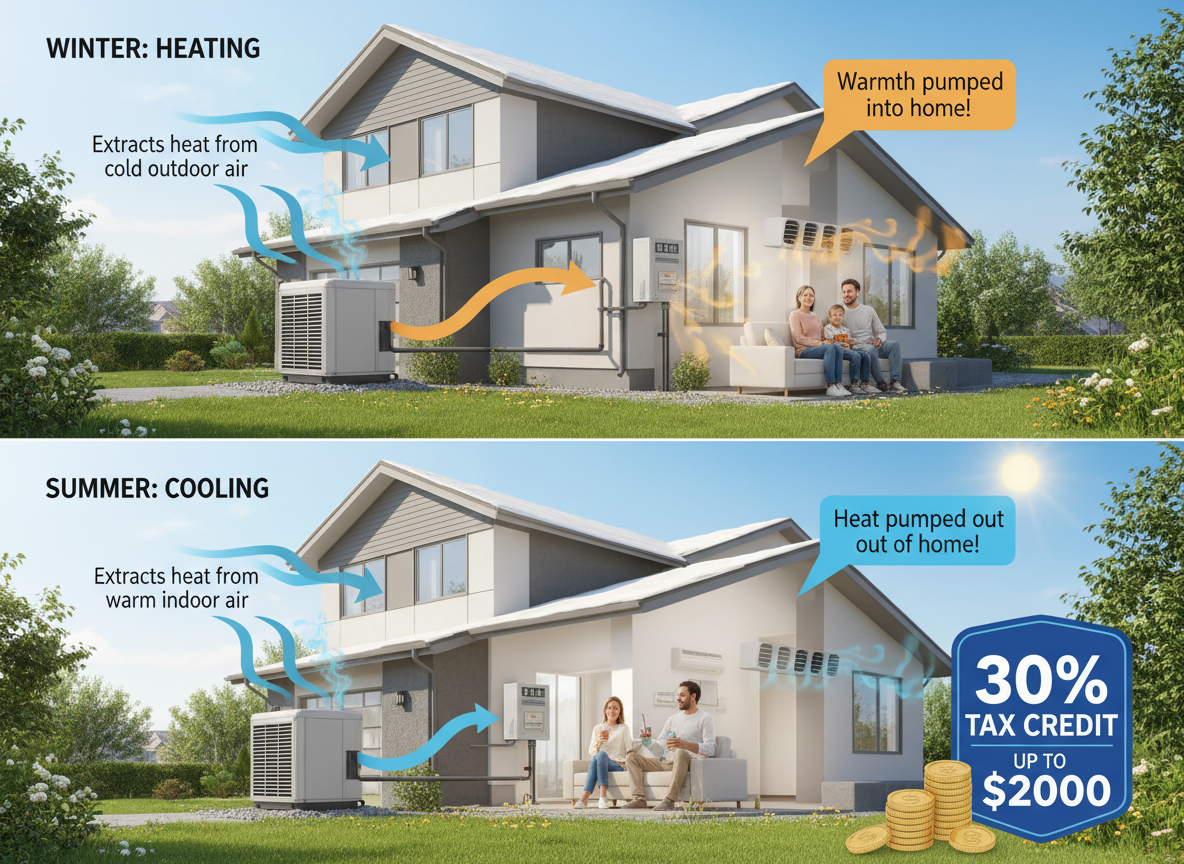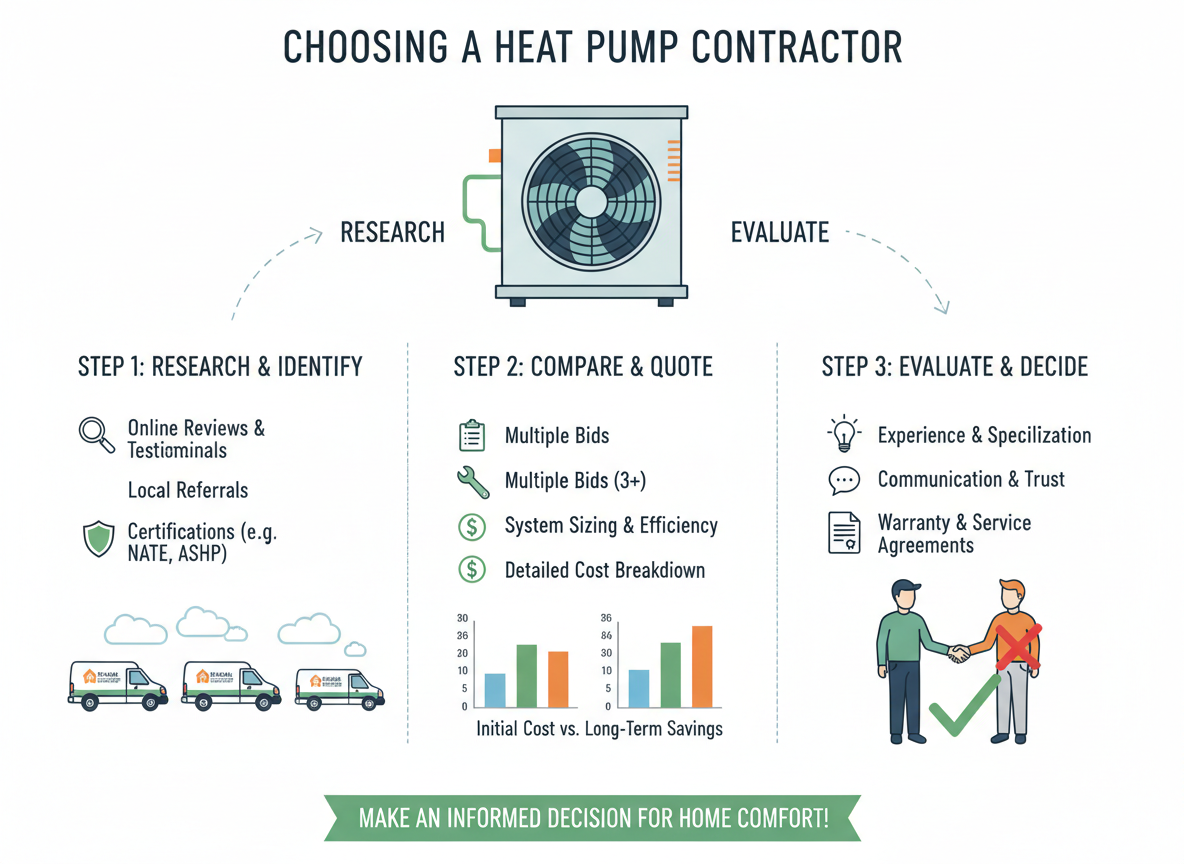
Owning a home comes with a lot of responsibilities, one of those is the upkeep of the HVAC system. The HVAC system is a vital component of your home since it is responsible for maintaining optimal temperatures and improving air quality. For your HVAC system to function properly and effectively it needs to be properly maintained.
However, it is still possible for your HVAC system to malfunction from time to time. Understanding some essential basic HVAC troubleshooting tips helps save you time and money on a day your HVAC system has an issue. In this article we discuss HVAC troubleshooting tips you should know.
Check the Air Filters
Oftentimes an inefficient HVAC system is caused by a clogged and dirty air filter. This can lead to increased energy bills and a shorter lifespan. The first HVAC troubleshooting tip you should consider is to check and replace the air filter. A clogged air filter will not allow for adequate airflow and will make your HVAC system work harder than it should while recirculating pollutants. You should check the air filters monthly and replace them about every 3 months. Regularly replacing the air filter helps ensure your system is running efficiently and helps improve the indoor air quality.
Check the Outdoor Unit
The outdoor unit is the central point for airflow throughout your home. The outdoor unit is prone to accumulate debris such as leaves and particles obstructing airflow and the cooling capabilities of the unit. The next simple HVAC troubleshooting tip you should know is to keep the outdoor unit clean and well ventilated for maximum efficiency.
Pick up leaves and debris to ensure your HVAC unit can operate properly and prevent any potential issues from occurring. You can open the condenser unit and clear debris from the inside as well to keep the HVAC unit functioning optimally. We also recommend removing any excess vegetation surrounding the outdoor unit, just be careful with the tools used to not damage the outdoor unit.
Check your Thermostat
Oftentimes your thermostat is to blame for HVAC related issues. First check if the thermostat has power. If your thermostat is battery operated, make sure to replace the batteries. If it is an electric thermostat, you can also check for a loose connection. Sometimes something as easy as resetting the thermostat could get your HVAC system back up and running.
Check the Circuit Breaker
If you think the power is not on to your unit, check the breaker box to make sure the circuit breakers are on. Sometimes a power overload can cause the circuit breakers to trip. If you are in luck a simple flip switch will start your unit. If you have checked your thermostat and circuit breaker and it still wont turn on, give LA Construction, Heating and Air a call.
Check Your Ducting
If you feel low airflow, check your ducts for holes. Depending on the extent of the damage you may have to contact a professional, but for small holes you can use a bit of duct tape to help with a drafty duct.
Check Your Energy Bills
If you check your energy bills there will be obvious increases during times of heavy usage during cold months or during the summer. However, if you start seeing unexpected increases without obvious increase in use it could indicate an issue with your HVAC system. Contact a professional for routine maintenance and to check if there could be any other issues with your system.
Contact Trusted HVAC Contractor
Fortunately, not every HVAC issue is a major one. We understand these tips might not able to solve all of your HVAC issues, but having knowledge of some basic troubleshooting tips can help you save time and money. In times where these tips do not help get your unit back up and running its best to contact a professional like LA Construction, Heating and Air. We can help you with diagnosis, repair, replacement, or routine maintenance. Give us a call today or contact us online, we are here to help you.
HVAC Troubleshooting Tips You Should Know Related Posts:






















.png)














